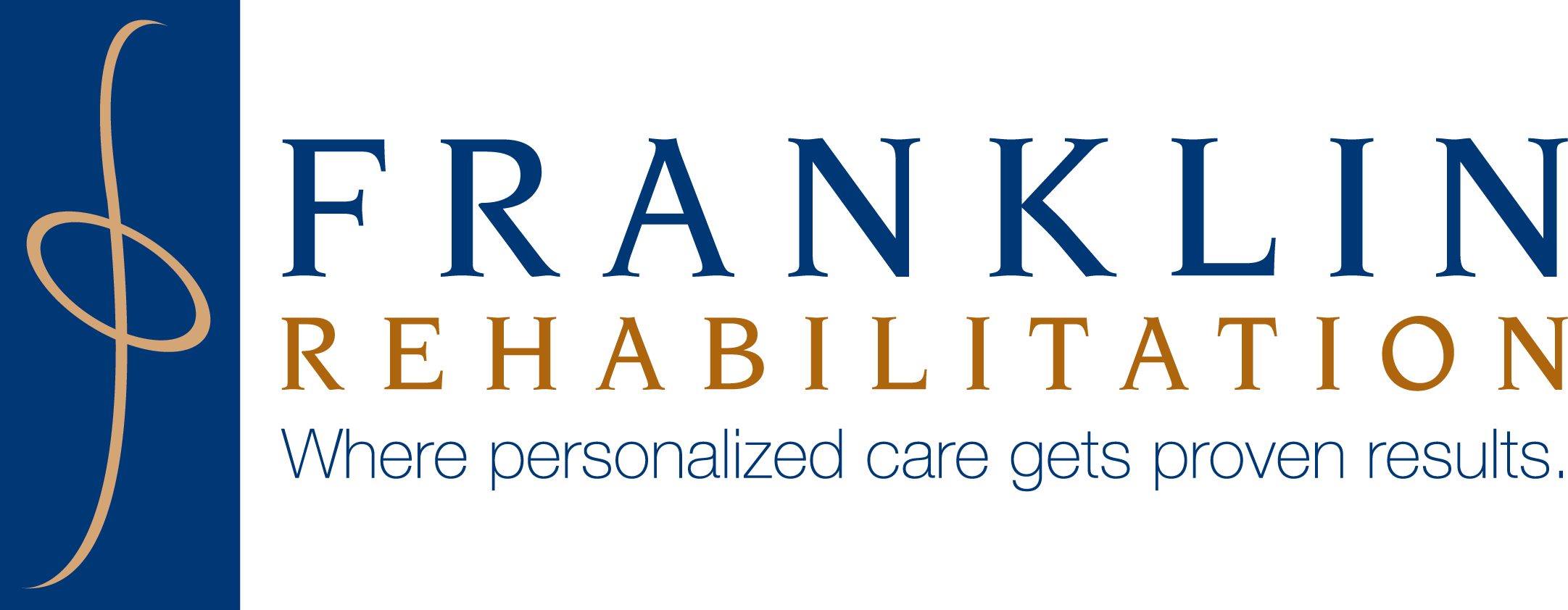What to do about upper back and neck pain

Pain in your upper back and in your neck often occur at the same time because of your spine. Pressure on the nerves in your spine from poor posture or an injury or chronic condition can cause pain to spread throughout this region.
When you’re dealing with upper back and neck pain, it’s important to visit a health care professional for an examination. A physical therapist can examine your condition and determine if you’re a good candidate for physical therapy for treatment.
What causes upper back and neck pain?
Upper back and neck pain can occur for a number of reasons, including:
- Strain — Overuse of your muscles in physical activity can cause them to stretch or slightly tear, which is known as a strain.
- Poor posture — Poor posture, such as hunching over while sitting, stresses your muscles and puts pressure on your spine, which can affect the nerves running through it.
- Herniated discs — The discs between your vertebrae are filled with fluid that helps the discs absorb shock and protect the vertebrae from friction. Repetitive stress or trauma or another chronic condition can cause one or more of the discs to herniate, which means the fluid bursts out of them and puts pressure on the nerves in your spine.
- Degenerative disc disease (DDD) — DDD is the natural wear and tear that takes place in your spine as you age. Some people never notice the effects of DDD, but for others, it is painful.
- Arthritis — Arthritis wears down the cartilage in your joints, which can include the joints in your spine. As this cartilage wears down, you will experience an increase of pain and stiffness.
What can a physical therapist do about upper back and neck pain?
After a physical therapist examines you and determines that you’re a good candidate for treatment, they will develop a personalized course of treatment. Treatments vary from person to person, but most physical therapy programs include:
- Gentle stretches and exercises to help build up muscle strength and flexibility. Stronger and more flexible muscles provide better support for your spine and help reduce pressure off the nerves running through it.
- Hands-on mobilization techniques to help reduce stiffness, improve your range of motion and break up scar tissue.
- Posture guidance to help you improve your posture and avoid adding strain to your spine.
Visit Franklin Rehabilitation for upper back and neck pain treatment
Are you suffering from intense or long-lasting upper back and neck pain? Our physical therapists at Franklin Rehabilitation can examine your condition and provide a personalized treatment to help you recover. Contact our team today for more information about upper back and neck pain or to schedule an initial appointment.
